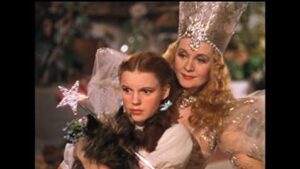Welcome back to my writing craft “mini-series”, with more hot tips for cold winter nights! This week I want to look at some macro issues.
Why This Book?
When you sit down to write, you should always ask yourself “why you are writing this book”. Why not something else? What is important enough that it must be said, by you, right now, in this way?
You have something to say, about the world, or your experience of it, or how you perceive others’ experiences. This is not to say you have to write a sermon – and definitely not for us writers to be didactic – but your reason for writing, your “why” speaks directly to your story’s theme.
CARRY ME HOME is a book about homelessness, but that’s not completely why I wrote it. I wrote it to let the child reader know that it is all right to ask for help. That if something is going wrong, it’s okay to turn to someone you trust. My theme, then, is “never be ashamed or afraid to reach out to a trusted adult.”
I often have to write an entire first draft before I understand my theme. And I’ll add that my themes can often be expressed by a cliché and that’s just fine. For example, “there’s no place like home” and “love is blind” could be the themes for The Wizard of Oz and Pride and Prejudice.
Plot Is Not Just “Stuff That Happens”
Plot is enhanced by “cause and effect.”
Everything that happens in a story leads to the next thing happening. If you are writing a first draft it’s very tempting to write something that has little relationship to what came before. But that’s just a sequence of events, not a story.
In THE CHARMED CHILDREN OF ROOKSKILL CASTLE, when Kat makes a mistake and loses track of her chatelaine, that sets up a near-tragic chain of events and series of conflicts. One thing leads directly to the next.
To write a great story is to find that linking chain of cause and effect. You can plan your entire novel with a cause-and-effect technique called “The Inside-Outline” (developed by Jennie Nash at Author Accelerator), which you can find out more about here and which I also offer as part of my coaching business here.
The Hot Tips This Week
- Discover, through brainstorming/freewriting why you are writing this book.
- Your theme comes from your “why”, and can often be expressed as a cliché.
- Plot is a linking chain of “cause and effect” not just “stuff that happens”.
Thoughts?

